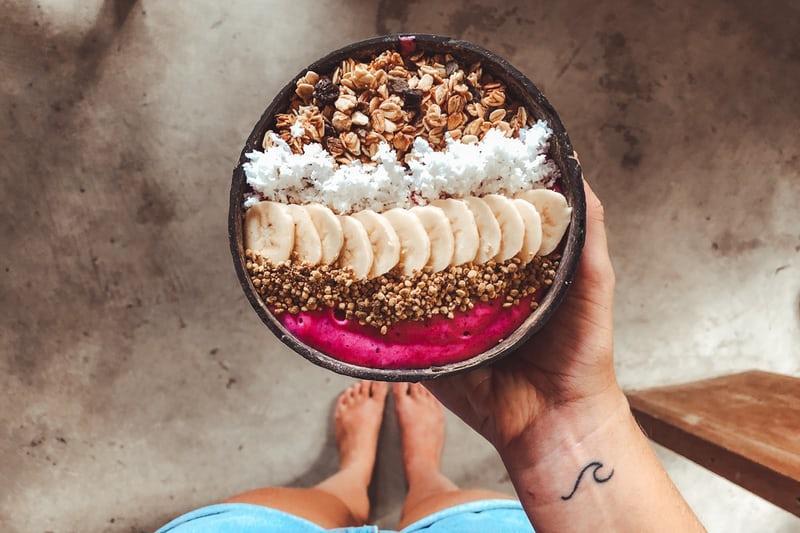Maybe you’ve heard it said that food is medicine. Advocates will tell you that food can help improve everything from physical ailments to emotional ones. So, can a diet change help with anxiety?
Any conversation that involves treatment for health issues needs to include a key distinction – what can cure versus what can help. Debate swirls around the ability of food to cure, but the common consensus is that good nutrition can help with a variety of issues, including anxiety.
Your body is like a plant that needs certain conditions to flourish, beginning with the soil in which it’s planted. When the soil is healthy, the plant is primed to be healthy and vibrant. While healthy soil doesn’t guarantee a healthy plant, it’s a far more likely outcome than if the soil was malnourished. Your body responds similarly.
The answer, then, to can a diet change help anxiety is yes. When you fill your body with the right nourishment, you are creating healthy soil – or an environment in which good physical and mental health is more likely.
What kind of a diet change can help anxiety? Here are some ways you can create a healthier environment in your body to reduce anxiety.
Eat Whole Foods
The stress on your body is eased when you nourish it well. Whole foods – foods that come from nature and undergo minimal human processing – are ideally suited to provide you with energy. At a cellular level, whole foods repair and renew cells that support bodily function. Vegetables, fruit, lean meats, nuts, and whole grains are diet changes that may help with anxiety.
Drink Plenty of Water
Swap sugary drinks for water. Aim for half your body weight in ounces each day. If you weigh 150 lbs, for example, make your daily water goal is 75 oz, more with heat or excessive sweat. While some of that water can come from foods you eat, like veggies and fruit, it’s hard to know how much you’re absorbing, so aim high. Your brain needs H2O for energy, clarity, and mood stability.
Add Antioxidants
In studies of anxiety disorders, antioxidants have been shown to reduce symptoms in those suffering with this issue. The USDA has identified beans, fruits, berries, nuts (walnuts and pecans), and vegetables such as artichokes, kale, spinach, beets, and broccoli as being particularly high in antioxidants. Spices with both antioxidant and anti-anxiety properties include turmeric and ginger.
Boost Your Omega 3’s
A diet rich in omega 3 fatty acids can help reduce anxiety as well. Foods rich in these fatty acids include salmon and other fatty fish like mackerel and anchovies, flax and chia seeds, walnuts, and tofu, among others. Processed foods – ones that require factories and machines to make it edible – are filled with omega 6, which creates inflammation in the body. Omega 3’s help offset these inflammatories and help reduce stress.
Can a diet change help with anxiety? Yes, it can help. Support your body’s physical and mental health with whole foods, ample water, and increased antioxidants and omega 3 fatty acids. But be careful not to expect them to cure your anxiety completely and seek professional help when needed.
